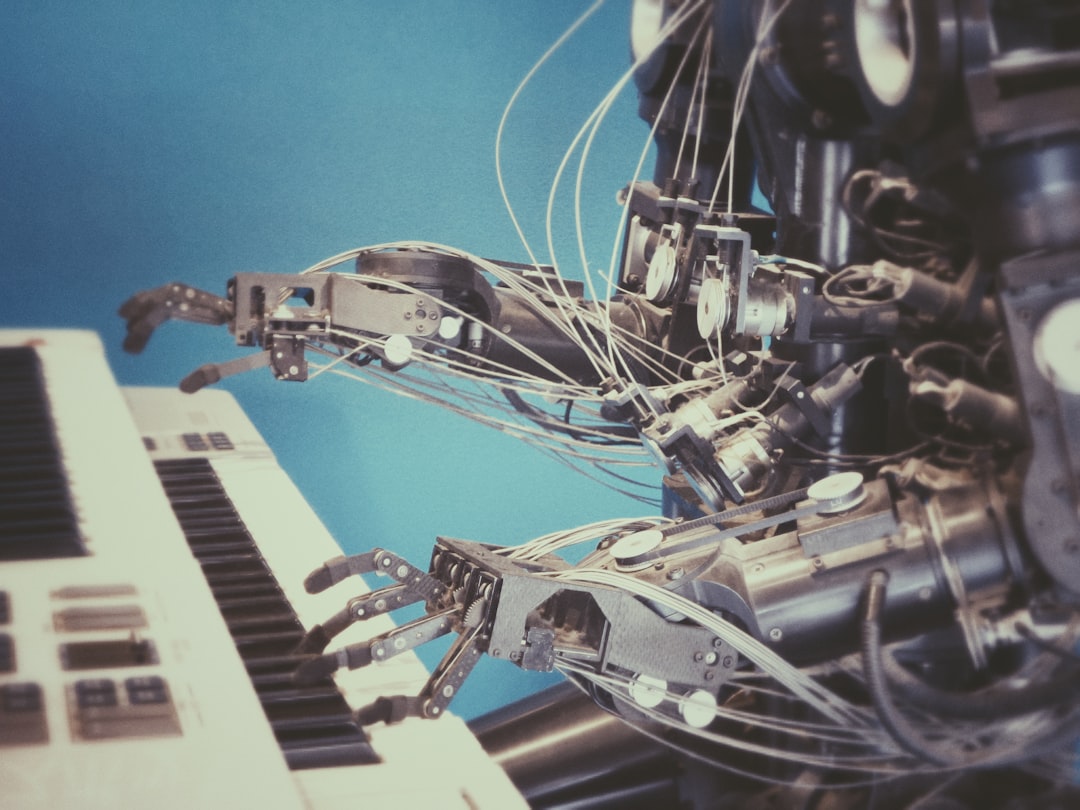Rise of the Machines
Robotics have been emerging in our world at an unprecedented pace. If you walk into a McDonalds you are likely to order from a kiosk then a person. Not that impressive, but robots are getting smarter. Momentum Machines created a robot that can make a burger in 10 seconds and can replace its own parts when something breaks. Walmart’s self-checkout is just the beginning. Soon you may see Simbe Robotics ‘Tally’ walking next to you down the isles while you grocery shop. She can check stock, prices, and make sure items are in the correct spot. Your precious Amazon order is likely going to be pulled by a robot and may soon be delivered by a drone.
The rise of the machines will affect how colleges educate our future workforce. All studies agree that the need for entry level and low skill jobs will be severely reduced, and some believe those jobs will be completely eliminated. The rise of robotics and AI are said to be comparable with the agricultural revolution for the impact it will have on the landscape of our economy.
Newer studies that believe that while robotics will reshape jobs, it’s not a doomsday scenario. After all, when computers were first introduced in the workplace it was thought it may be the end of office workers. In reality, computers freed workers from manual tedious tasks so they could focus their energy on more important matters.
A perfect example is Amazon. When Amazon introduced robotic arms in their Florence, NJ location employees were initially alarmed. What will happen to their jobs? The answer is that their roles changed and their jobs became more fulfilling. Amazon trained their existing employees to be robot masters. The robots did the heavy lifting, walking, and all the monotonous tasks, leaving the more mentally stimulating work to their human masters. The robots took the burden off and shorted their usual 10 hour work days for their humans. Most impressively, no one was laid off. But that begs the question…In the future will companies demand their employees already possess skills in robotics and AI?
Young students are eager to learn coding, robotics, create apps, and all those things they were introduced to in high school STEM classes. There is certainly an IT boom driven from their specific generational demographic.
There is a good chance middle-aged workers will have the hardest time adapting to the advances of robotics and technology. We are no longer in a time where you have one job for life. Older generations attending college has been on the rise. The number one reason they are going back to school is for a fresh new career (usually due to market shifts or change in interests), or refreshing current career skills to stay viable.
Colleges will have to be thoughtful on their approach. Speed and adaptability will be necessary to ensure courses keep up with ever-evolving tech. Generational gaps in their attendees are likely to present obstacles. Partnerships and internships with companies would ensure viable up to date data, provide career placement, and increase enrollment. I look forward to seeing how colleges will prepare students to meet the rise of the machines.
